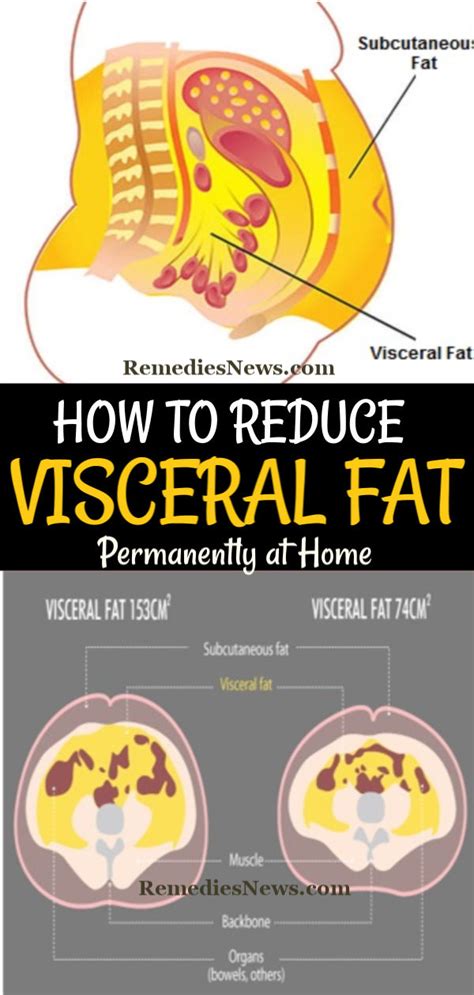How to Lose Visceral Fat: A Comprehensive Guide
Visceral fat, the dangerous belly fat that surrounds your organs, is a significant health concern. Unlike subcutaneous fat (the fat you can pinch), visceral fat increases your risk of heart disease, type 2 diabetes, and certain cancers. But don't despair! Losing visceral fat is achievable with a holistic approach focusing on diet, exercise, and lifestyle changes. This comprehensive guide will equip you with the knowledge and strategies to effectively tackle this stubborn fat.
Understanding Visceral Fat
Before diving into solutions, it's crucial to understand what visceral fat is and why it's so dangerous. Visceral fat is different from subcutaneous fat; it's metabolically active, meaning it releases hormones and inflammatory substances that negatively impact your health. This is why losing visceral fat is paramount for improving overall well-being.
Why is Visceral Fat Dangerous?
Increased Risk of:
- Heart Disease: Visceral fat contributes to high blood pressure, high cholesterol, and triglycerides, all major risk factors for heart disease.
- Type 2 Diabetes: It impairs insulin sensitivity, making it harder for your body to regulate blood sugar levels.
- Certain Cancers: Studies have linked high levels of visceral fat to an increased risk of several cancers.
- Non-Alcoholic Fatty Liver Disease (NAFLD): Visceral fat accumulation is strongly associated with NAFLD.
- Sleep Apnea: Excess abdominal fat can restrict airflow during sleep.
Effective Strategies to Lose Visceral Fat
Losing visceral fat requires a multifaceted approach. There's no magic bullet, but consistent effort across these key areas will yield significant results.
1. Diet: Fueling Your Body for Fat Loss
Your diet plays the most significant role in visceral fat reduction. Focus on these dietary changes:
- Reduce Refined Carbohydrates: Limit processed foods, sugary drinks, white bread, and pastries. These quickly convert to sugar, contributing to visceral fat storage.
- Increase Fiber Intake: Fiber promotes satiety, helps regulate blood sugar, and improves gut health. Focus on fruits, vegetables, and whole grains.
- Prioritize Lean Protein: Protein keeps you feeling full, aids muscle growth, and supports metabolism. Choose lean meats, fish, beans, and lentils.
- Healthy Fats Are Your Friend: Incorporate healthy fats like avocados, nuts, seeds, and olive oil. These support hormone production and overall health.
- Limit Alcohol Consumption: Alcohol is high in calories and can contribute to visceral fat accumulation.
- Hydration is Key: Drink plenty of water throughout the day. Water helps with digestion, boosts metabolism, and reduces overall calorie intake.
2. Exercise: Burning Calories and Building Muscle
Exercise is crucial for both burning calories and building muscle mass, which increases your metabolic rate and helps reduce visceral fat.
- Cardiovascular Exercise: Aim for at least 150 minutes of moderate-intensity cardio per week, such as brisk walking, jogging, swimming, or cycling.
- Strength Training: Incorporate strength training exercises at least twice a week. This builds muscle mass, which boosts your metabolism even when at rest.
- High-Intensity Interval Training (HIIT): HIIT workouts are short bursts of intense exercise followed by brief recovery periods. They are highly effective for burning calories and improving cardiovascular fitness.
3. Lifestyle Modifications: Beyond Diet and Exercise
Beyond diet and exercise, several lifestyle changes can significantly impact your ability to lose visceral fat.
- Stress Management: Chronic stress increases cortisol levels, which can lead to increased visceral fat storage. Practice stress-reducing techniques like yoga, meditation, or deep breathing.
- Prioritize Sleep: Aim for 7-9 hours of quality sleep per night. Lack of sleep disrupts hormones that regulate appetite and metabolism.
- Quit Smoking: Smoking is linked to increased abdominal fat and other health problems.
Conclusion: A Journey to a Healthier You
Losing visceral fat is a journey, not a race. Consistency is key. By adopting a holistic approach encompassing diet, exercise, and lifestyle changes, you can effectively reduce visceral fat and significantly improve your overall health and well-being. Remember to consult with your doctor or a registered dietitian before making significant changes to your diet or exercise routine, especially if you have pre-existing health conditions.
